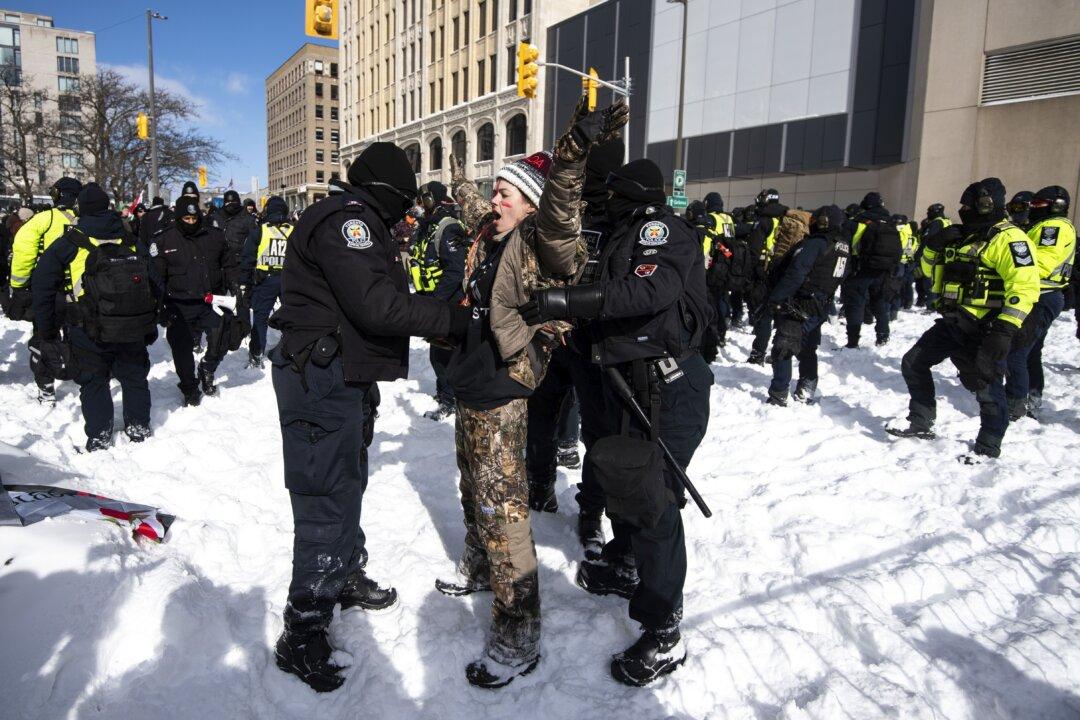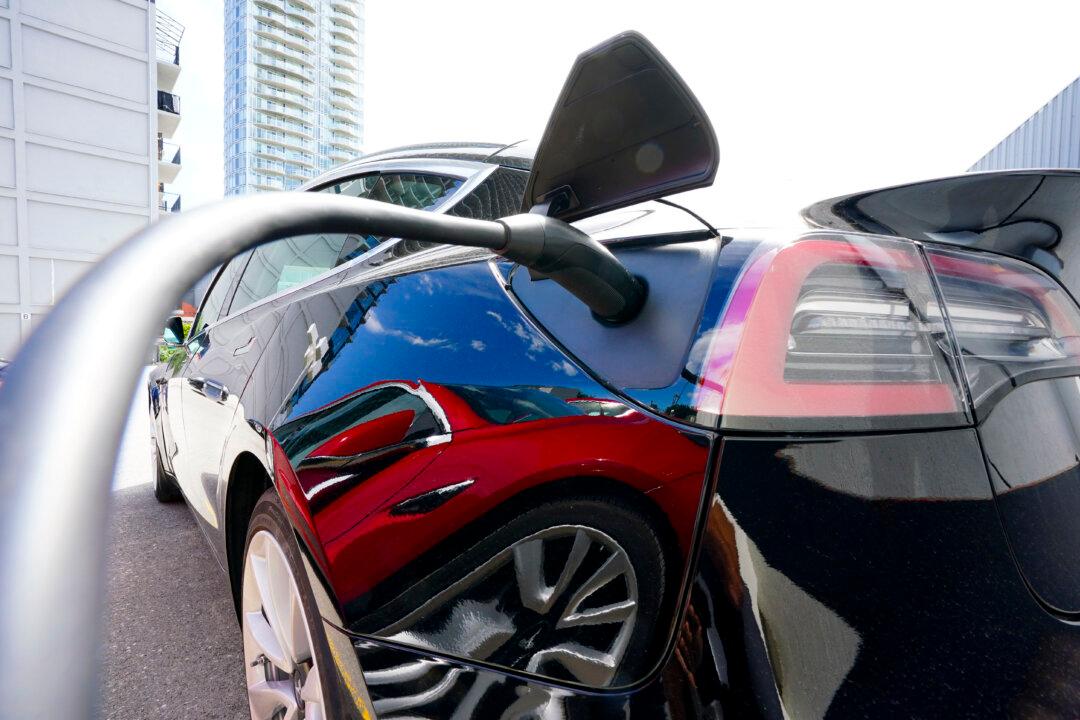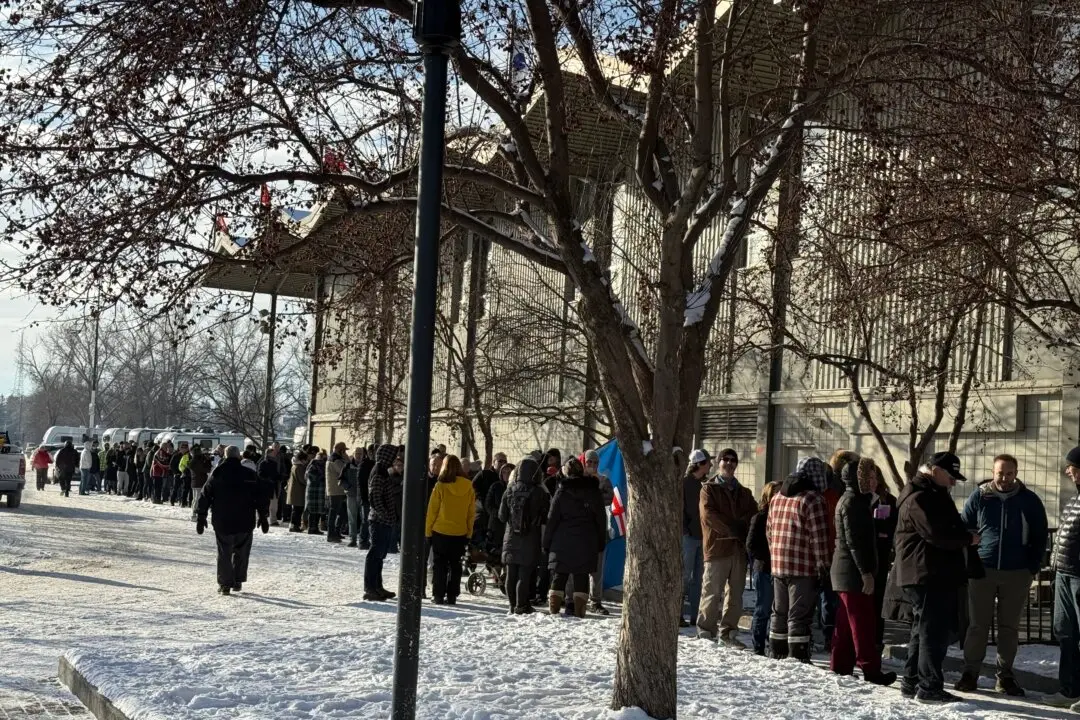Commentary
The invocation of the Emergencies Act—a modern-day version of the War Measures Act—was the action of a federal government in total disarray and panic. There was no pressing emergency facing the population of Canada. The only person experiencing an emergency was Prime Minister Trudeau as he watched his credibility and support as a national leader swirling down the drain in the face of peaceful but growing Freedom Convoy protests.





